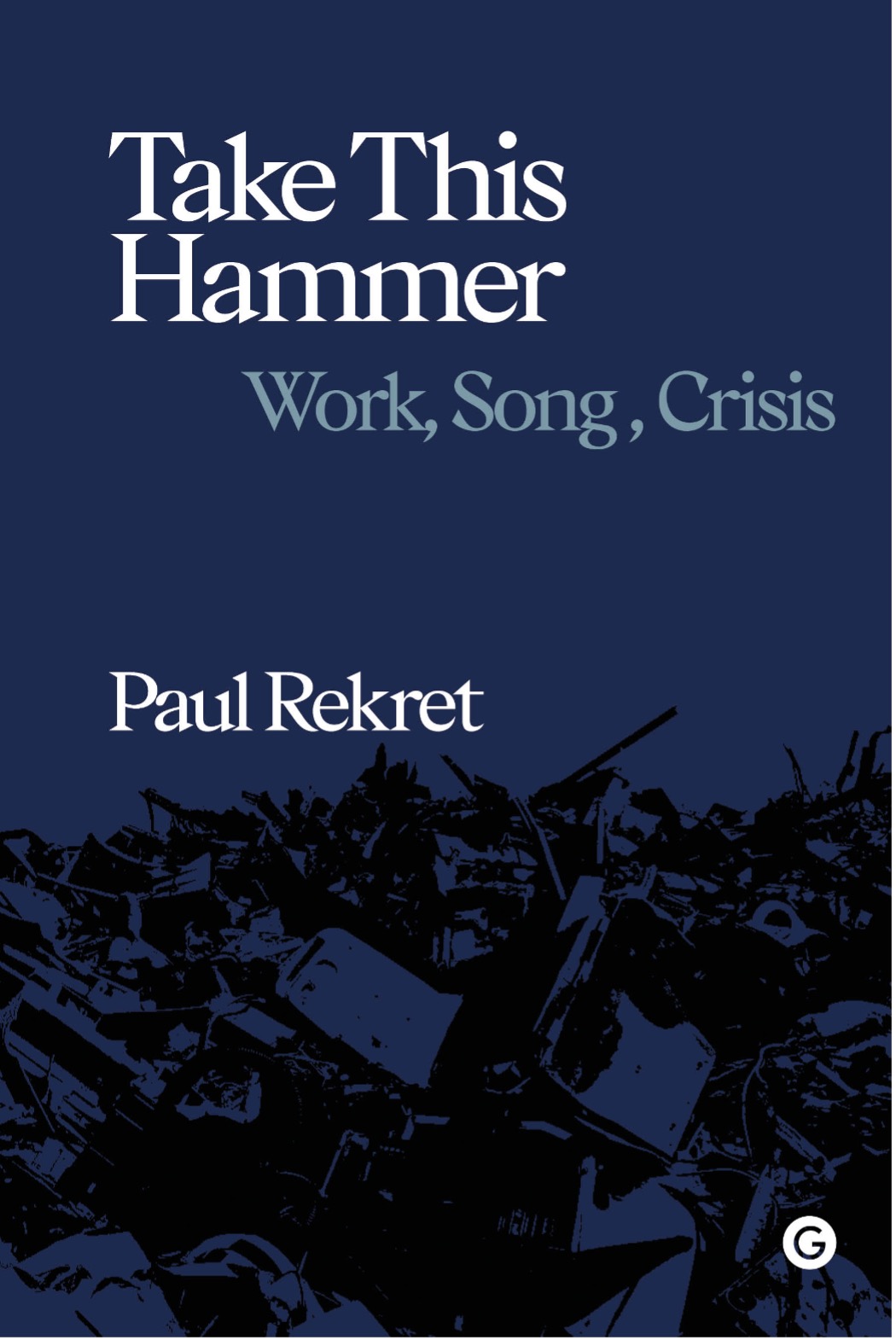Take This Hammer
Work, Song, Crisis
Paul Rekret
Publication
The emergence of the popular music industry in the early twentieth century not only drove a wedge between music production and consumption, it also underscored a wider separation of labor from leisure and of the workplace from the domestic sphere. These were changes characteristic of an industrial society where pleasure was to be sought outside of work, but these categories have grown increasingly porous today. As the working day extends into the home or becomes indistinguishable from leisure time, so the role and meaning of music in everyday life changes too. In arguing that the experience of popular music is partly conditioned by its segregation from work and its restriction to the time and space of leisure—the evening, the weekend, the dancehall—Take This Hammer shows how changes to work as it grows increasingly precarious, part-time, and temporary in recent decades, are related to transformations in popular music.
Connecting contemporary changes in work and the economy to tendencies in popular music, Take This Hammer shows how song-form has both reflected developments in contemporary capitalism while also intimating a horizon beyond it. From online streaming and the extension of the working day to gentrification, unemployment and the emergence of trap rap, from ecological crisis and field recording to automation and trends in dance music, by exploring the intersections of work and song in the current era, not only do we gain a new understanding of contemporary musical culture, we also see how music might gesture towards a horizon beyond the alienating experience of work in capitalism itself.
With Take This Hammer, Paul Rekret dissolves, expands and enriches any settled idea we previously had of the work-song. Weaving together styles (trap), media (streaming platforms), geographies (Cameroon) and questions (ecological crisis), Rekret draws a new cognitive map of labour and sound, work and song, which asks us not only to listen again to our current conditions, but makes us think about our long route towards crisis.
Paul Rekret is one of the sharpest commentators on contemporary music culture writing today…Take This Hammer reaffirms this fact.
Take This Hammer lucidly engages with the question of how recent music responds to transforming labour relations on a global scale, moving between socio-economic analysis, formal interpretation and cultural criticism. Rekret's generous and wide-ranging discussion not only provides an indispensable account of changes in popular entertainment, but in demonstrating the relationship between artisanal production and the new world music, or financialization and trap, offers an essential guide to the contemporary conditions of culture.
Take This Hammer's twin interrogation of labour and song provides indispensable insight into the changing relationship between work and music in Modernity. Trapping, “chill” playlists and the fetishized precarities of “world music” provide the contemporary coordinates for this endlessly perceptive study of music, capitalism and historical transformation.
